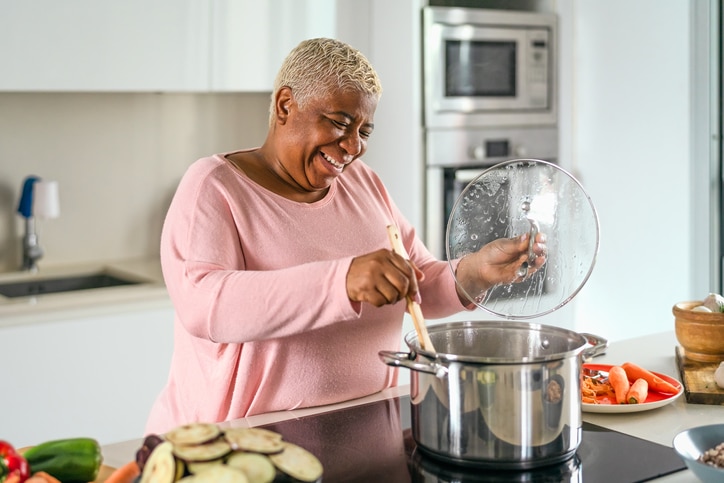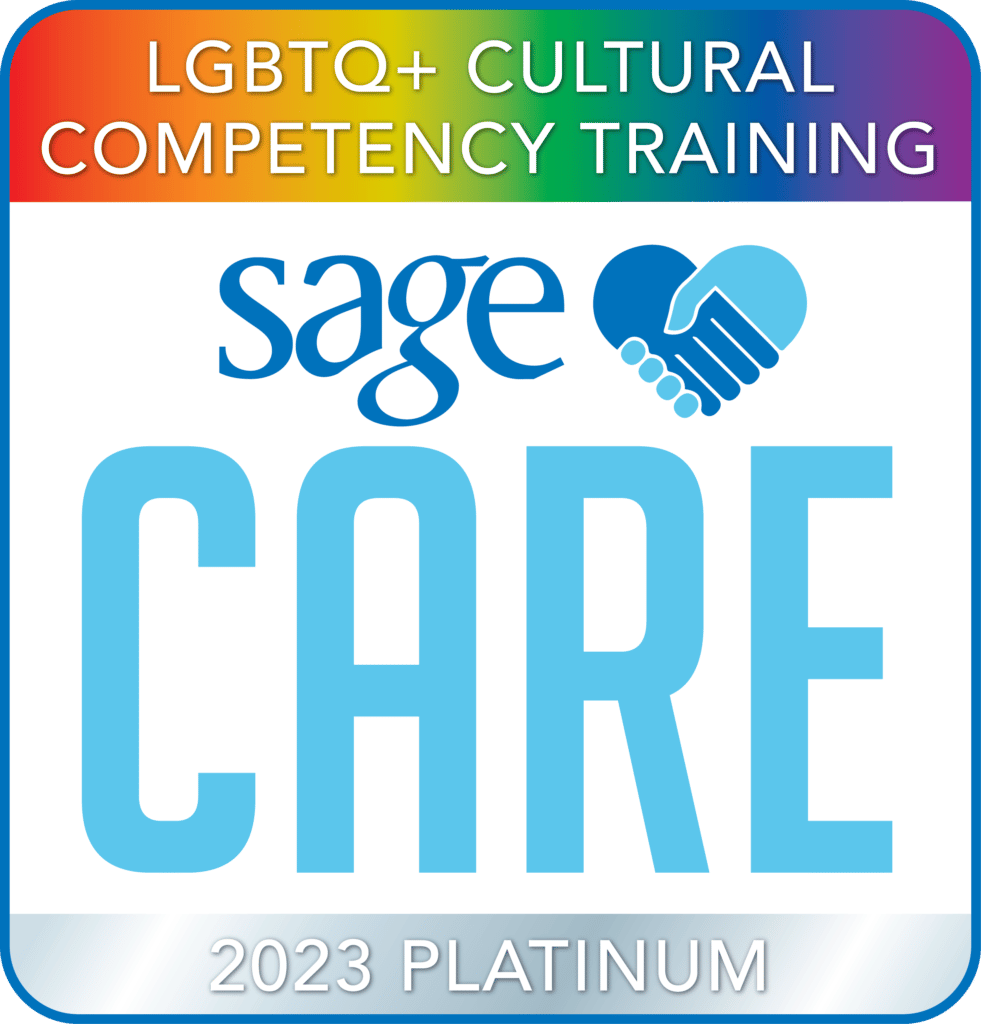The Importance of Eating Seasonal Foods, Especially for Seniors

Wherever you live, chances are that your local grocery store has a wide range of fruits and vegetables available all year round. While that’s great for convenience, it’s not always the best for your health. Here’s some insight into what it means to eat seasonally and why it’s better for your health, especially if you are a senior.
What is seasonal food?
Seasonal food is the produce you can buy at the time it’s harvested. Fruits and vegetables have a seasonal cycle and eating seasonally means eating what’s just been harvested in your local area. Think strawberries and peaches in summer, and squash and nuts in the fall.
What’s the problem with out-of-season produce?
There’s nothing inherently wrong about out-of-season produce like avocados from South Africa, oranges from Spain, or tomatoes from Mexico. Eating them as they are harvested while in those areas is actually eating seasonal produce! However, getting them to your local grocery store means that they have to travel extensively before they get to your plate. Just think about what has to go into bringing freshly harvested bananas from Brazil’s summer harvest to your table in winter!
By the time those bananas get to you, they’re not as good as seasonal produce from your local area. This is because:
- They are picked before they’re fully ripe, so they don’t get the full nutritional content and flavor of a freshly harvested, ripe product
- They have to travel for days or weeks, with nutritional qualities and flavor lessening each day
- They may be sprayed with preservatives and other chemicals to help keep them in good condition during the journey
In addition, the carbon footprint and packaging needed to import and transport out-of-season produce is terrible for the environment – and it does nothing to support local farmers either.
Why eating seasonally is essential for good senior health
To stay healthy, seniors need to eat plenty of nutritious food. Vitamins and nutrients help to keep the mind and body healthy, reduce the risk of age-related health conditions, and can help manage a wide range of chronic diseases including heart disease, diabetes, high cholesterol, and high blood pressure. Because these foods are so fresh and tasty, they can also be consumed in a healthier way, including in fresh salads, soups, as steamed veggies, or even low sugar desserts.
How to find seasonal food
So, we’ve established that seasonal food is tastier, more nutritious, better for the environment, and better for local farmers – not to mention better for seniors! But how can you find it? There are some great apps like the Seasonal Food Guide that anyone can use, and you can also print out a useful little “What’s in Season” produce calendar too. Here’s a quick guide to when basic fruits and vegetables are in season in New Jersey.
- Apples – July to October (cold storage apples available until spring)
- Asparagus – May, and June
- Beets – June to December
- Broccoli – June to November
- Blueberries – July and August
- Carrots – June to September (cold storage carrots available to March)
- Cauliflower – August to November
- Corn – July to August
- Cranberries – October to December
- Fennel – October and November
- Green beans – July to September
- Grapes – September and October
- Kale – June to November
- Leeks – August to December
- Nectarines – August and September
- Pears – August to December
- Peas and pea greens – April to July
- Potatoes – July to December (cold storage potatoes available year-round)
- Rhubarb – May to July
- Spinach – May to September
- Tomatoes – July to September
- Winter squash – August to December
- Zucchini blossoms and zucchini – June to September
In northern states, it’s obviously a bit difficult to eat seasonally all the time, but it’s a good opportunity to eat seasonally more often. Also, you can store many seasonal fruits and vegetables for months or even years by canning and preserving them.
Health, happiness, and abundant living – Independent senior living in NJ
Bristol Glen is part of the United Methodist Communities network of senior living communities. We’re passionate about providing a space where seniors have the assistance and resources needed to live a full, abundant, and independent life. From delicious dining options to a full social calendar, we have it all! If you want to chat about independent living in Sussex County or how we help senior residents stay healthy, get in touch with us or visit our website at




